Today would have been my mother, Susie Latty Day’s, birthday. She was born in 1906. I’m grateful she told me some stories of her childhood because it was a way of life that is now gone from the American scene and will never return. But,even though this way of life is gone, it’s important to remember. It is the foundation of my family and for many families that would come after. One such story centers around the spring at Etta, where the Latty family got water for the household. This is the story of the Spring Branch, as Mom told it to me. The words are Mama’s.
The spring itself, cold and pure, sustained our family through the years of our life at Etta. It still flows from the ground. In those days, it bubbled forth, silently swelled into a still pool, and trickled over its rocky bed through the pasture as a shallow, sparkling branch. Papa built a little house over the stream at the point where it flowed from the spring. It was always cool and dark inside the springhouse. We set buckets of milk on the gravelly bottom and put eggs and butter on shelves Papa built into the walls.
One of my chores was churning butter. I skimmed thick, yellow cream off jars of milk and poured it into a stoneware churn. Then, I tightened the lid and pushed the dasher up and down until the cream turned to butter. Bowls of butter, moisture beading the rich mounds, made churning worthwhile. Breakfast would not have been complete without the golden butter melting into Mama’s hot biscuits.
Occasionally, a hard rain sent our little creek into a rampage. Sometimes, the creek washed away the springhouse. When this happened, over-turned milk, cream, and butter went floating away on the current. Then, Papa would have to gather more boards and nails for the task of re-building.
The spring branch meant life to the animals that shared our farm. Horses, cows, and mules enjoyed quenching their thirst with the cool water. Barnyard ducks paddled in the pools as the creek meandered through the barnyard, busily dipping under for water bugs. Little ducklings bobbed like sunny corks on the water. Mother Duck kept a close eye out for turtles lurking in deeper pools because turtles saw ducklings as choice dinner morsels.
Many outside chores filled our days. One of those chores was feeding the chickens and gathering eggs. When we had baby chicks, they had to be watched to see that other, bigger chickens didn’t steal their food.
Mama, my sisters, and I planted a garden in the spring and then tended it all summer. We wielded hoes and pulled grass and weeds to give the vegetables room to grow.
Another chore was feeding the ever-hungry kitchen stove. The emptiness of the woodbox meant that the Latty girls must fill it when Papa was busy working in the fields.
Milking demanded attention morning and night. Mama milked with the help of one of her daughters, usually Georgia. Although I didn’t relish washing dishes, I dreaded the thought of milking cows even more. The cows’ eyes glinted with malice, their tails swished threateningly, and their wicked horns pointed straight at me. One look at those cows and dishwashing seemed much more appealing. So, Georgia stood in for me at milking time while I helped Alice in the kitchen.
Outside or inside, work waited for each member of the family. Ironing became especially irksome in the summer because of heating the irons. We girls ironed as early as possible while the day was still cool. We heated irons on the kitchen stove.We ironed flat pieces on a quilt over the table. Dresses, skirts, and blouses we ironed on a broad, padded plank laid across the backs of two chairs.
Although we all worked hard, we had our rewards. A quiet contentment settled over us at the end of a busy summer day when shadows covered the hills and a cool breeze whispered through the dark trees. We couldn’t imagine ever wanting anything more.

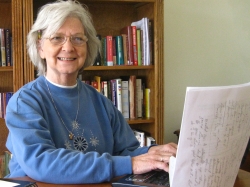
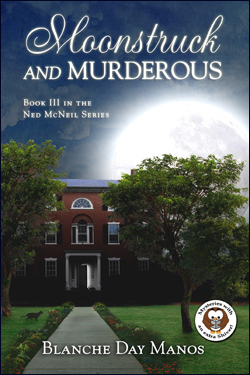
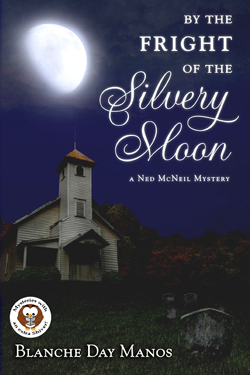
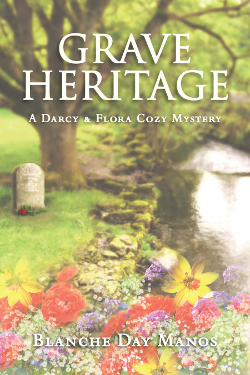


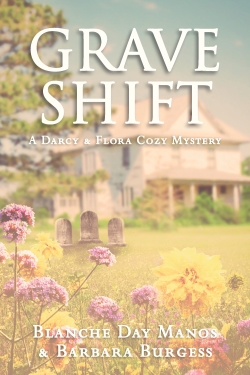

Wonderfully recalled.!
Yes, it was a wonderful life at Etta Bend for the Latty girls in the early part of the 20th century. Thanks for writing, Allison.